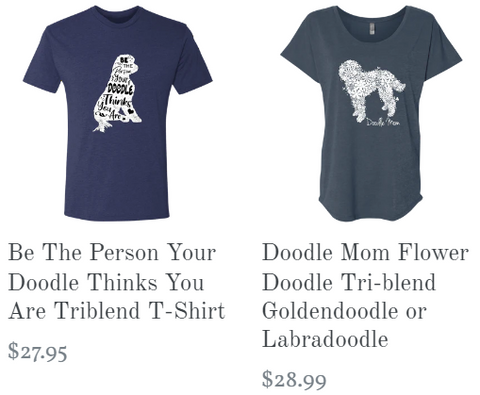Bringing a furry companion into your life can be an incredibly rewarding and fulfilling experience. Dogs provide unconditional love, companionship, and endless joy. However, it's crucial to recognize that owning a dog is a significant responsibility that requires careful consideration and commitment. While many people make exceptional dog owners, it's essential to acknowledge that dog ownership may not be suitable for everyone.
In this blog post, we will delve into the topic of individuals who may not be well-suited to own a dog. By understanding the factors and circumstances that may make dog ownership challenging, we can promote responsible pet ownership and ensure the well-being of both humans and their four-legged friends.
From severe allergies to lifestyle constraints, we will explore various scenarios where owning a dog may not be the best choice. It's important to remember that these situations do not imply a lack of love or compassion for animals; rather, they highlight the need for realistic assessments of personal circumstances before embarking on the journey of dog ownership.
Whether you're considering adding a canine companion to your family or simply curious about the diverse factors that come into play, this blog post will shed light on the individuals who should carefully evaluate their suitability for dog ownership. Remember, making an informed decision ensures that both you and your future furry friend can lead happy, fulfilling lives.
Join us as we navigate through the complexities of dog ownership and explore who should think twice before taking on the responsibility. Let's ensure that every dog finds a loving home where they can thrive and receive the care they deserve.
-
People with severe allergies or asthma: If someone has severe allergies or asthma triggered by dogs, it may not be advisable for them to own a dog. Despite claims of hypoallergenic breeds, there is no guarantee that any dog will be completely allergen-free.
-
People with limited time and availability: Dogs require time, attention, and care. If someone has an extremely busy lifestyle, works long hours, or frequently travels, they may not have the necessary time and availability to properly care for a dog.
-
People with unstable living situations: Dogs thrive in stable environments. If someone frequently moves or has an unstable living situation, it can be stressful and disruptive for the dog. It's important for dogs to have a secure and consistent home environment.
-
People with limited financial resources: Dogs come with expenses, including food, veterinary care, grooming, and supplies. If someone is unable to afford the costs associated with dog ownership, it may not be feasible for them to have a dog.
-
People with certain health or mobility issues: Some health or mobility issues may make it difficult for individuals to care for a dog. For example, someone with a disability that limits their mobility may struggle with activities such as walking the dog or providing necessary exercise.
-
People with a lack of knowledge or experience: Dogs require proper training, socialization, and care. If someone is inexperienced with dogs and lacks the knowledge or willingness to learn how to care for them, it can result in an unhappy or poorly behaved dog.
Owning a dog is a wonderful and fulfilling experience for many individuals. However, it's important to recognize that not everyone is well-suited for dog ownership. Throughout this blog post, we have explored various scenarios and circumstances where individuals may need to carefully consider whether owning a dog is the right choice for them.
From severe allergies or limited availability to financial constraints or a lack of experience, there are valid reasons why some people may not be suitable candidates for dog ownership. Making an honest assessment of one's lifestyle, resources, and abilities is crucial to ensure the well-being of both the individual and the potential dog.
It's essential to remember that acknowledging one's limitations and opting out of dog ownership does not make someone any less caring or compassionate. In fact, making the responsible decision to forgo dog ownership when it's not a suitable fit demonstrates a deep understanding of the commitment and care required to provide a happy and healthy life for a dog.
For those who find themselves in situations where owning a dog is not feasible, there are still plenty of opportunities to engage with dogs and contribute to their well-being. Volunteering at animal shelters, fostering dogs temporarily, or supporting rescue organizations are all ways to make a positive impact on the lives of dogs without the long-term commitment.
Ultimately, the well-being of both humans and dogs should always be the top priority. By understanding who should not own a dog, we can promote responsible pet ownership, reduce the number of neglected or abandoned dogs, and ensure that every dog finds a loving and suitable home.
Let us remember that owning a dog is a privilege and a lifelong commitment. By making informed decisions and prioritizing the welfare of dogs, we can create a world where every dog receives the love, care, and attention they deserve.



